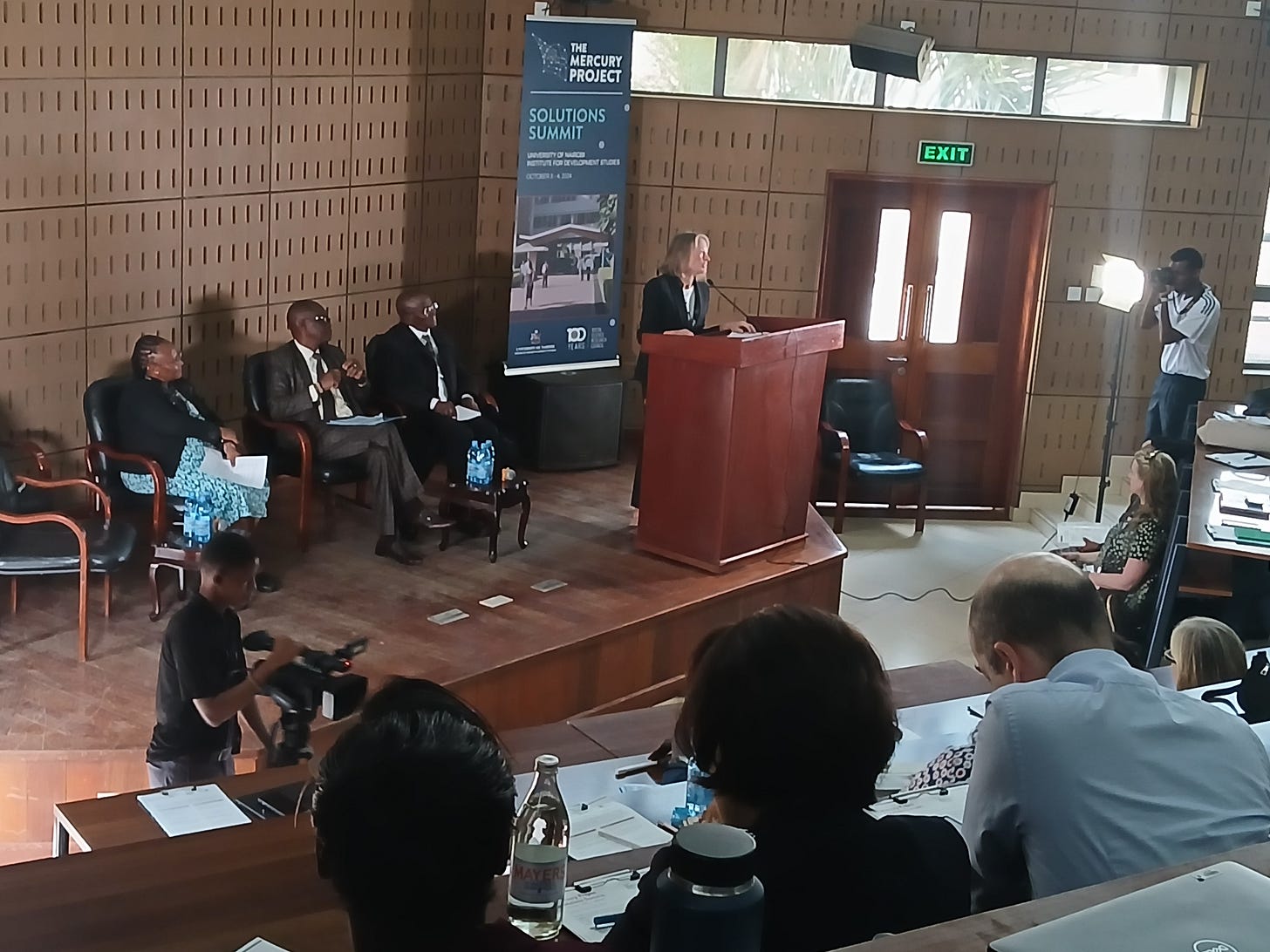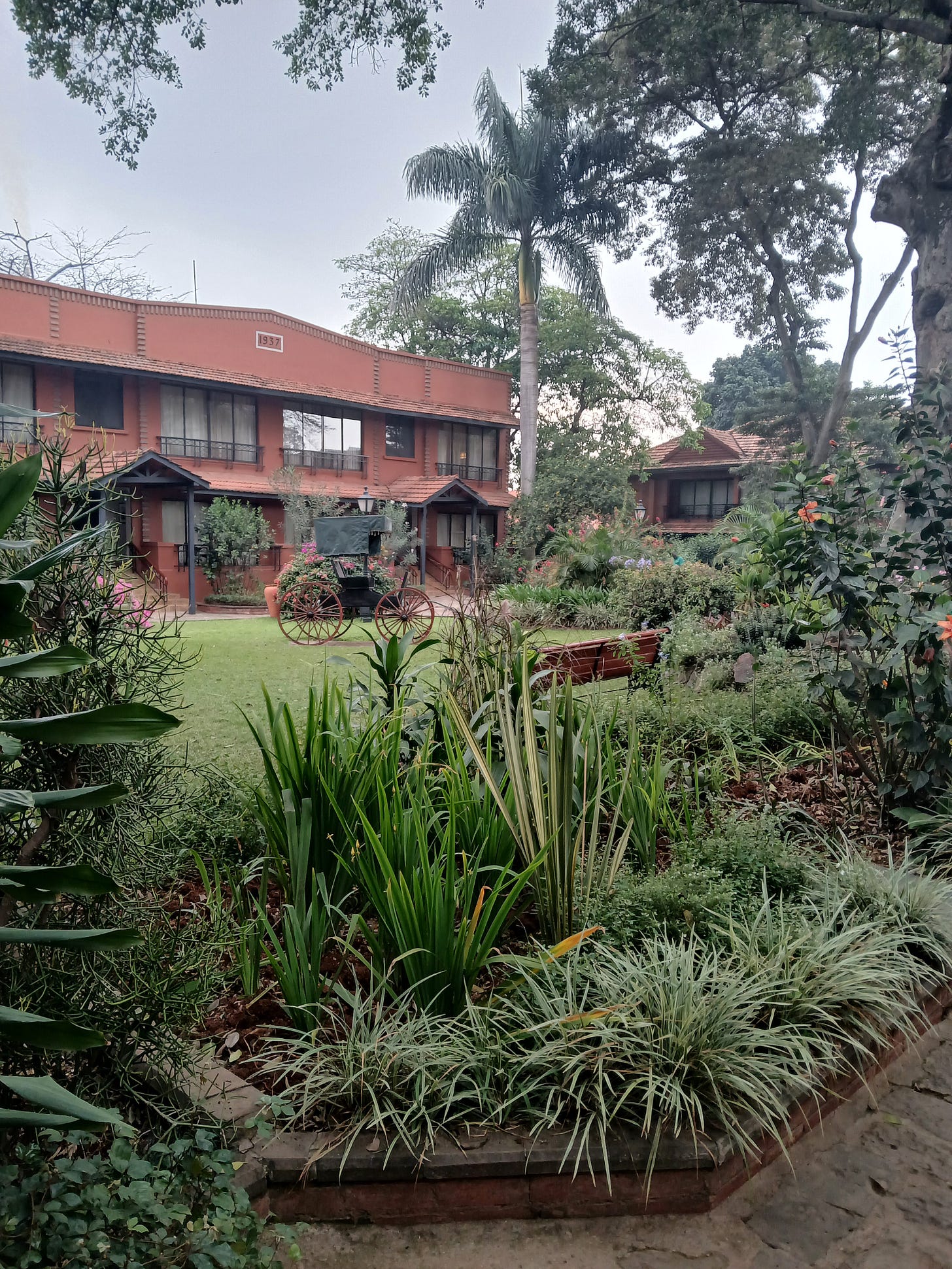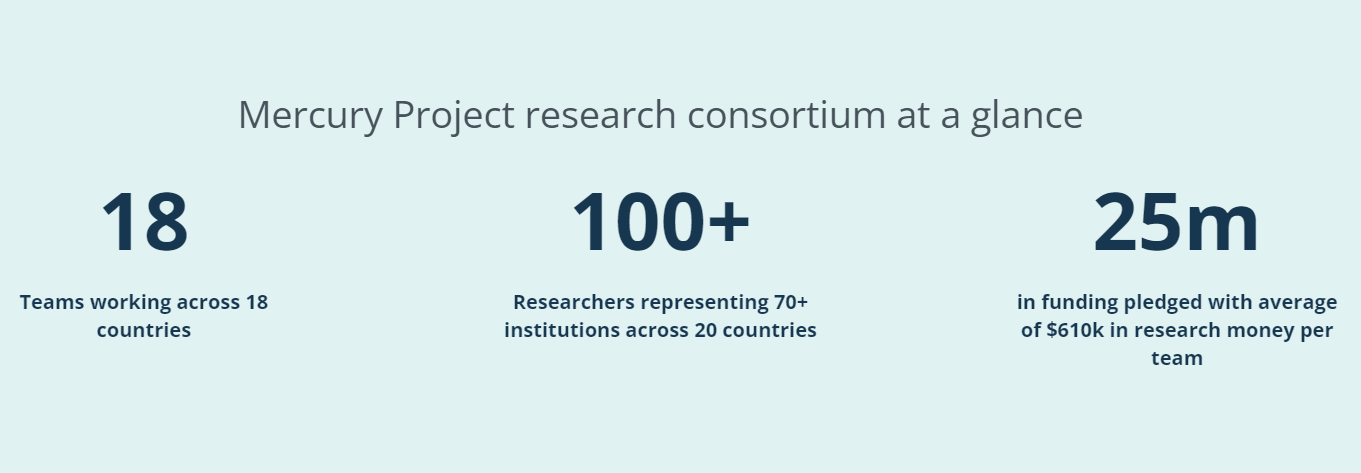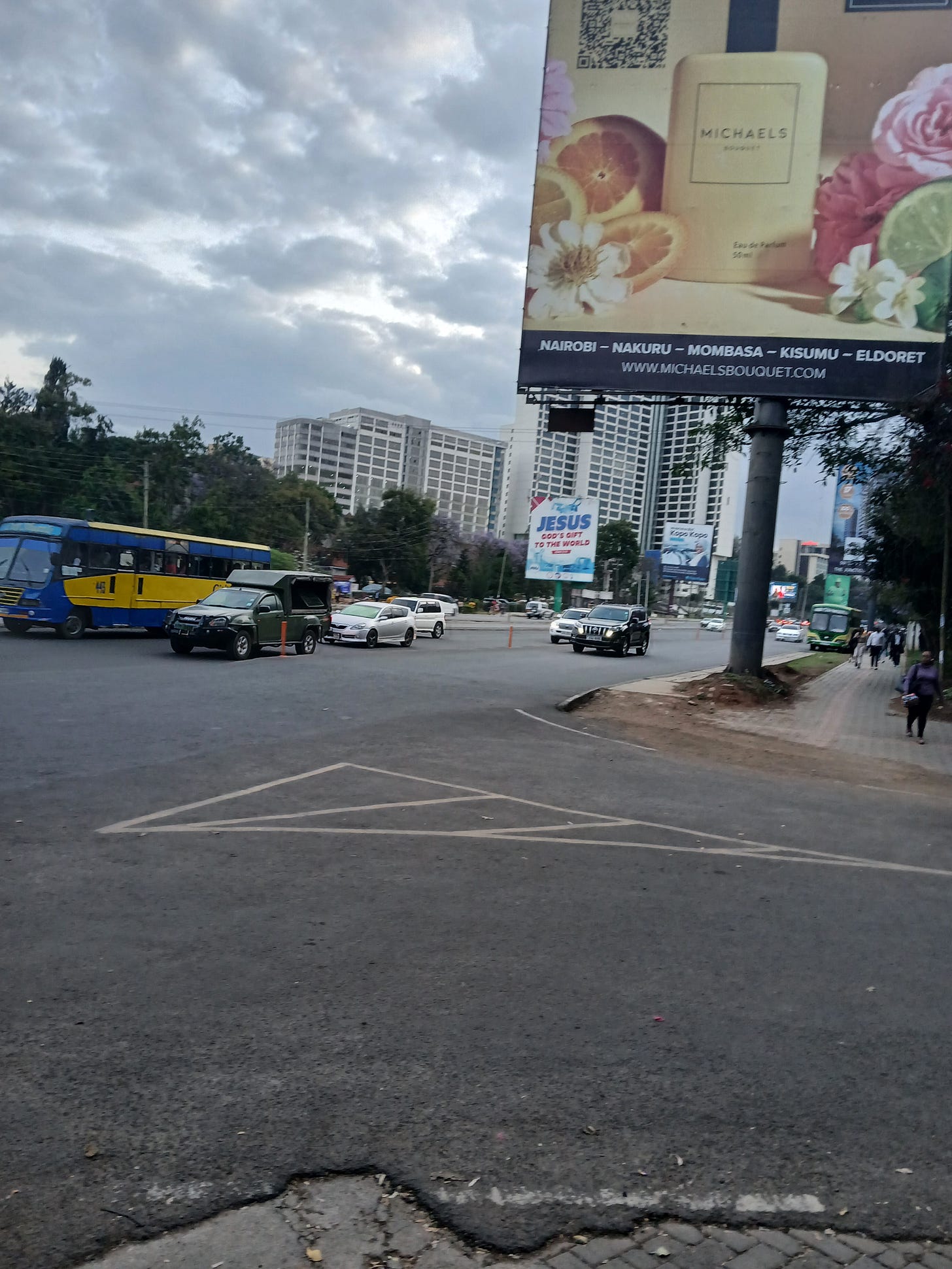A Good Model for Social Science
I recently traveled to Nairobi, Kenya, for a conference on the Social Science Research Council’s Mercury Project, an international coalition of research teams looking to study and improve vaccine uptake throughout the world.1
The conference was a wonderful experience. The majority of the two days were spent in small groups developing ideas as to future interventions to increase vaccine uptake—which required all of us to spend way more time absorbing the actual studies and thinking about the future implications, as opposed to a typical academic conference with a bunch of dreary presentations that many people either don’t attend or don’t really pay attention to.
But even more importantly, I think this sort of effort represents the future of social science.
Many social and behavioral science studies consist of a professor downloading data (or running experiments on Qualtrics or Mechanical Turk), and then publishing their results (at least when positive). In many cases, the results are a fairly random assortment of low-quality studies with no strong rationale behind many of them.
The Mercury Project represents the polar opposite of this individualistic, uncoordinated, atheoretical, and low-quality approach. With a particular problem in mind (vaccine information and uptake), the Mercury Project set out to:
Aggregate philanthropic dollars from the likes of the Rockefeller Foundation, the Robert Wood Johnson Foundation, the Gates Foundation, the Sloan Foundation, and Craig Newmark Philanthropies;
Solicit applications from scientists across many disciplines from around the world;
Regrant money in a coordinated approach to research teams with high-quality studies that fit into a common theoretical framework.
That is, all of this occurred under an official Research Framework, which laid out four key components of studies that would be funded, along with citations to the supporting literature:
Reducing the costs of getting accurate vaccine information
Helping people make more accurate decisions
Reducing logistical costs of getting vaccinated (e.g., transportation)
Leveraging factors like family and social impacts
The list of grantees/studies is impressive, and includes studies such as:
Examining whether an India program that handed out smartphones to 2 million women made a difference in health behaviors;
Randomly assigning radio stations in Tanzania to participate in a health campaign;
Randomly assigning schools in north India to offer additional lessons on health literacy;
Conducting an RCT on eight behavioral interventions as to 3.5 million CVS patients.
Why is this the future of (at least some of) social science?
Small-scale individual studies only go so far, especially when there's no coordination or common theoretical foundation. In much of social science, we need to work with different research teams, different nationalities, etc., around a common theory and approach.
In short, whether for clinical trials in medicine or for social and behavioral science, major funders should support more of these broad collaborations on important questions than they currently do. That’s a path to more usable and generalizable knowledge.2
I would have written about this a couple of weeks ago, but in the meantime I traveled to DC, Philadelphia, and Berkeley to attend 4 other conferences and speak or moderate at 3 of them! Finally recovering after spending 50 hours on airplanes in under 3 weeks.
See this recent Macroscience podcast for similar thoughts from Adam Marblestone and Paul Niehaus.





